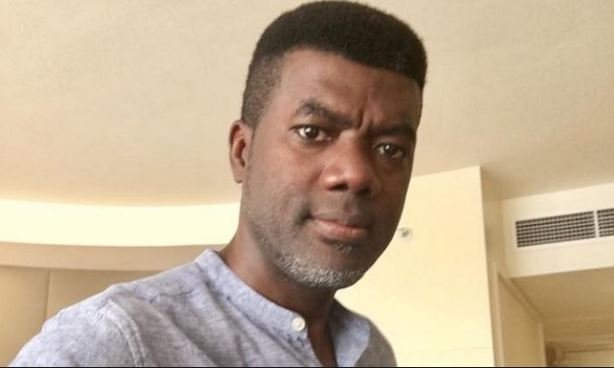Africa
Africa looks to upcoming UN talks for renewable energy

African countries’ access to more and cleaner energy while maintaining economic growth will be a primary concern at the upcoming UN climate summit in November, according to leading leaders and climate experts on the continent.
The African Union seeks to increase access to electricity and clean cooking resources for hundreds of millions of people as part of Africa’s ambition for what is known as a “just transition” – ensuring that the buildout of clean energy is fair and inclusive. Out of the 1.4 billion people that live on the continent, it is estimated that 600 million do not have access to electricity and 900 million do not have access to cleaner cooking fuels.
However, other experts argue that raising living standards will force Africa to temporarily raise its fossil fuel production.
Harsen Nyambe, director of the African Union’s sustainable environment and blue economy section, told the Associated Press that if Africa is to achieve its social and economic growth objectives, it needs more time and financial resources to transition to clean energy.
He emphasized the need to be “realistic” about expectations for African states, saying that while a just transition is “desirable,” the continent is also trying to develop infrastructure with fewer resources and is already coping with the effects of a rising climate.
Due to its limited ability to adjust to both excessive rainfall in some parts and hotter, drier temperatures in others, Africa is particularly sensitive to climate change. Continual and severe drought in the Horn and east of Africa is depriving populations of food and water, and fatal cyclones are increasingly common in the southern nations.
Many countries aim to have “net zero” emissions by 2050, especially developed nations like the U.S. and Europe, which are more accountable for the majority of the heat-trapping gases in the atmosphere. China and India aim to reach net zero by 2060 and 2070, respectively.
“We have different capacities and responsibilities,” Nyambe said, adding that Africa could, for example, be given up to 100 years to transition away from dirty fuels.
“Africa is embracing a clean energy future but will do so based on its needs and circumstances,” said Linus Mofor, a senior environmental affairs advisor at the United Nations Economic Commission for Africa. “The use of natural gas, which is plentiful in the continent, is critical.”
Mofor added that the “transition to renewable energies will require substantial capital investments. By 2030, Africa will need $2 trillion to address its energy transformation.”
Africa’s top three gas producers are Algeria, Egypt, and Nigeria, with Senegal, Mozambique, Tanzania, and Angola all expected to become major gas producing hubs.
Megaprojects including the Ourzazate Solar Power Station in Morocco, the Kom Ombo Solar Plant in Egypt, the Menengai Geothermal Plant in Kenya, the Lake Turkana Wind Farm, and the Jasper Solar Plant in South Africa have already made significant investments in renewable energy across Africa.








